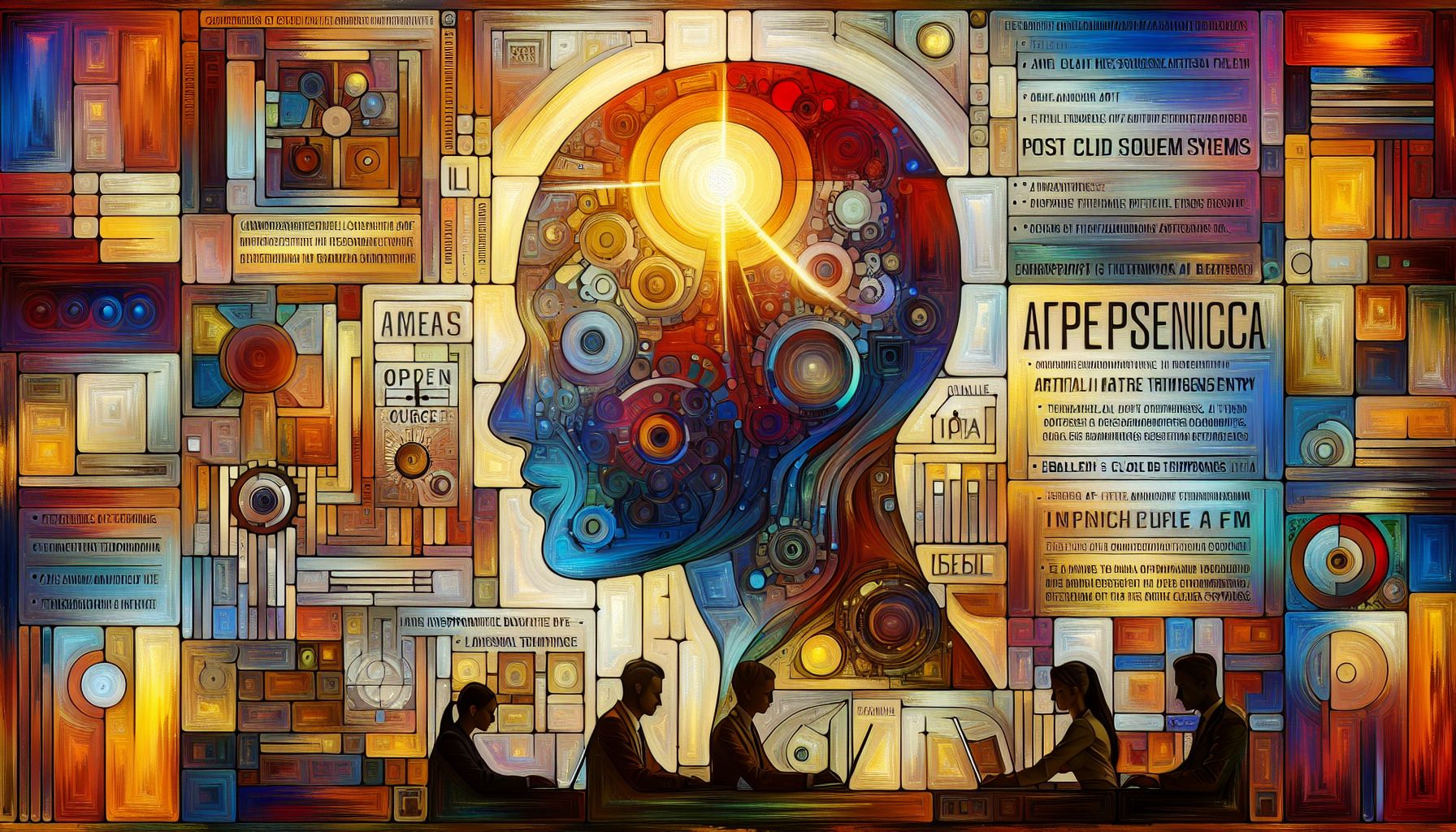Open Source Initiative Challenges AI Industry with New Definition

San Francisco, Monday, 4 November 2024.
The Open Source Initiative has released a groundbreaking definition for ‘open’ AI, setting new standards for transparency in artificial intelligence. This move directly challenges tech giants like Meta, whose Llama model falls short of the new criteria, igniting a debate on openness in AI development.
Redefining Open Source AI
The Open Source Initiative (OSI) unveiled its comprehensive Open Source AI Definition (OSAID) at the All Things Open 2024 conference on October 28, 2024. This new definition mandates that for an AI system to truly be considered open source, it must disclose its training data, complete code, and all settings or weights used during training. This initiative is seen as a pivotal step in ensuring AI systems are as transparent and modifiable as traditional open-source software[1].
Meta’s Llama Model Under Scrutiny
Meta’s Llama model, while publicly available, has been criticized for not fully meeting these new open-source criteria. Despite its availability, restrictions on commercial use and limited disclosure of training data mean that it fails to align with the OSI’s standards. Meta, represented by spokesperson Faith Eischen, has argued that the complexity of modern AI models challenges the traditional open-source definitions, suggesting that a one-size-fits-all approach may not be feasible in today’s rapidly evolving AI landscape[2].
Implications for the Tech Industry
The OSI’s definition is not legally binding but serves as a benchmark for transparency and openness in AI development. This has sparked a broader debate within the tech industry, with companies like OpenAI and Meta revisiting their AI models’ openness. Hugging Face CEO Clément Delangue emphasized the importance of this new definition in guiding discussions on AI transparency, particularly concerning training data[3].
A Broader Industry Impact
The introduction of OSAID v.1.0 is part of a larger movement to adapt open-source principles to the AI sector. The Linux Foundation is also exploring this terrain, indicating a growing consensus on the need to redefine open-source standards for AI. Simon Willison, an independent researcher, highlighted the potential to counteract ‘open washing’ practices, where companies claim their work is open-source without fully adhering to the principles[1].
A Global Collaborative Effort
The development of the OSI’s new definition was a global collaborative effort, taking two years and involving experts from various fields. OSI Executive Director Stefano Maffulli noted that this process was crucial in addressing the intricacies of AI development and ensuring that the definition was robust and inclusive. As tech companies weigh their options, the OSI’s standards may become a touchstone for future AI innovations[2].

